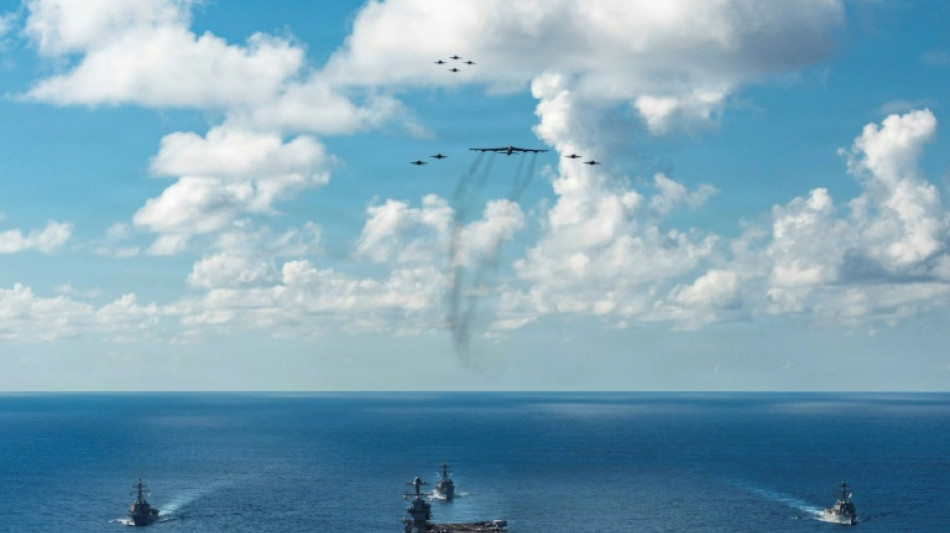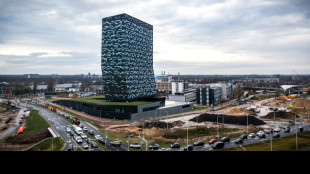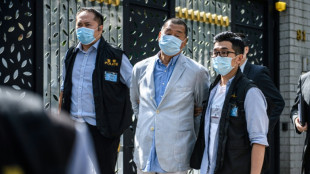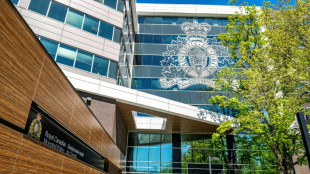

What does US 'terrorist' designation for Venezuela mean?
Washington's designation of an alleged Venezuelan cartel as a foreign terrorist organization (FTO) takes effect on Monday, opening the door to new forms of US pressure on President Nicolas Maduro.
The FTO list, which includes Islamist groups, separatists, guerrillas, and more recently, gangs and drug organizations from Mexico and Colombia, is overseen by the State Department.
From Monday, the list will include "Cartel de los Soles" ("Cartel of the Suns"), which Washington claims is run by Maduro. The shadowy group is responsible for "terrorist violence throughout our hemisphere," Secretary of State Marco Rubio said.
The move is part of the Trump administration's campaign against drugs and illegal immigration from Latin America.
No evidence has been made public to support the accusation of Maduro's involvement in the group.
However, with a major military presence now deployed in the Caribbean, including an aircraft carrier, the FTO designation will give legal cover for more pressure on the Venezuelan authorities.
Already, US forces have killed at least 83 people in air strikes on boats accused of ferrying drugs in international waters since September, according to an AFP tally of publicly released figures. Again, no evidence has been made public that drugs were in the boats.
- 'New options' -
Trump earlier this month stated that Maduro's days are "numbered" and US media outlets claim the Republican leader has authorized covert CIA operations in Venezuela.
The State Department's FTO list definition does not mention military actions, but in an interview Friday Defense Secretary Pete Hegseth suggested that the new classification would bring "a whole bunch of new options."
"This increase in pressure creates the perception that some kind of attack is almost imminent," Juan Manuel Trak, an academic in Mexico, told AFP.
But political science professor Alexis Alzuru told AFP that attacks would be limited to "certain airstrips linked to drug trafficking" far from urban centers.
- Economic blow -
An FTO designation makes it illegal to support any organization on the list.
Economists say that could strengthen the US sanctions regime against Venezuela, which already includes an oil embargo, forcing Caracas to sell its oil at discount on the black market.
That could further suffocate an economy threatened by hyperinflation.
For now, Washington is allowing Caracas to export its oil on the black market and has not touched Chevron's license there.
The US fleet "has not yet seized a ship, but let's say that this (FTO classification) could legally open up that possibility," oil expert Francisco Monaldi told AFP.
- Negotiating with Maduro -
On Friday, Maduro took part in a Student Day celebration, declaring he will not be intimidated by Washington's "ploys."
"It's Friday, and I'm going to party! And nobody can stop me!" he told cheering students at the festivities.
The Venezuelan government projects an image of strength, with frequent military exercises during which top commanders declare absolute loyalty to Maduro.
"If that network doesn't fracture and force Maduro to negotiate," Alzuru said, "the probability of negotiation with the United States is basically zero."
Maduro said he is willing to talk "face to face" with Trump, who hinted at a meeting "at some point."
Trak believes it is "very unlikely" that Maduro will fall or that the opposition, led by Maria Corina Machado, will come to power.
"Trump might be considering gaining access to Venezuelan mineral resources in exchange for de-escalating the threat in the Caribbean and then facilitating some sort of internal transition in Venezuela," Trak said.
文-L.Wén--THT-士蔑報




